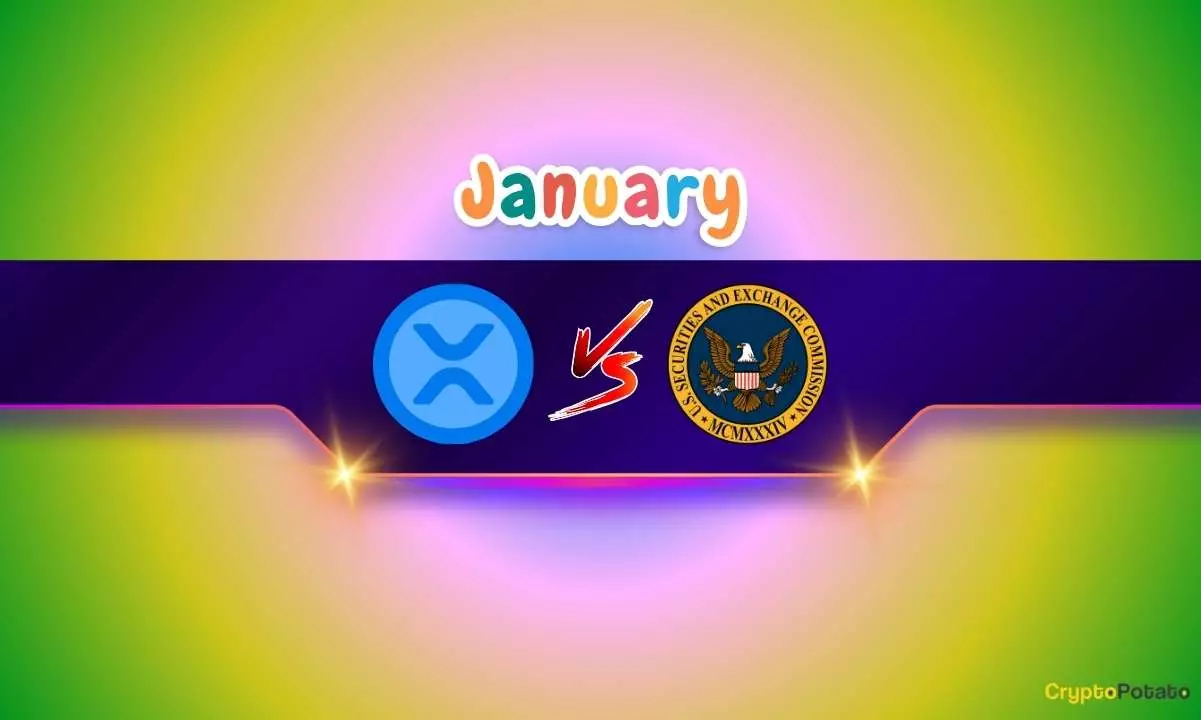The legal battle between Ripple Labs, creators of the cryptocurrency XRP, and the U.S. Securities and Exchange Commission (SEC) has been a focal point in the evolving landscape of cryptocurrency regulation. Initiated in 2020, this lawsuit has seen an array of developments that not only influence the future of Ripple but also potentially determine the fate of the broader crypto industry. The SEC argues that XRP should be classified as a security, which would subject it to stricter regulatory controls. Meanwhile, Ripple has consistently contested this designation, pointing to the way XRP is utilized and traded.
Recent developments have renewed attention on the case, particularly the SEC’s decision to appeal a ruling from August 2023, which mostly favored Ripple. This ruling, delivered by Judge Torres, concluded that XRP’s programmatic sales to retail clients via centralized exchanges did not constitute a breach of securities laws. This outcome was pivotal, as it indicated a potential shift toward more favorable regulatory interpretations for cryptocurrencies that operate similarly to XRP.
As we delve into this matter further, it’s essential to consider the timeline of events and significant milestones that have marked this lawsuit. Just a few weeks into the new year, the SEC reaffirmed its intent to appeal Judge Torres’ decision, emphasizing its stance that XRP must be treated as a security. One notable aspect of the appeal is its focus on the implications for future investors, indicating that the SEC is keen on maintaining a firm regulatory grip over digital currencies.
Interestingly, Ripple has sought a due date extension for its response to the SEC’s appeal until April 16, 2025, highlighting the protracted nature of this legal fight. This timeframe suggests both parties are preparing for an intricate legal struggle ahead, with Ripple aiming to solidify its standing in what has become a landmark case for the cryptocurrency space. The situation is compounded by the presence of groups like Better Markets, which have sided with the SEC, advocating for the classification of XRP as a security based on the Howey test—a legal framework that assesses whether certain transactions qualify as investment contracts.
A significant recent event involved the resignation of Gary Gensler as the SEC Chairman, followed by the appointment of Mark Uyeda, who reportedly holds a more amiable outlook toward the crypto industry. This leadership transition has raised speculation regarding how the SEC might approach its case against Ripple moving forward. Analysts and observers have noted the contrast between Gensler’s strict regulatory posture with Uyeda’s potentially more lenient stance, which could pave the way for negotiations or alternative outcomes that benefit Ripple.
John Deaton, a prominent attorney involved in the case, has evaluated three possible paths that the SEC might take under the new leadership. Firstly, the commission could persist with its appeal, prolonging the litigation indefinitely—a scenario that many within the industry are keen to avoid. Secondly, Uyeda’s SEC might opt to drop its appeal, allowing Ripple to retain its favorable ruling while imposing regulations more aligned with the existing legal framework. Lastly, the SEC could demand Ripple pay the previously established penalty, a sum amounting to $125 million, for infractions deemed to have occurred prior to the ruling.
The Ripple vs. SEC lawsuit embodies more than just a solitary battle between a tech company and a regulatory body; it reflects the broader dynamics of how cryptocurrencies are perceived and governed in the United States. A favorable ruling for Ripple could signal a shift toward a more favorable regulatory environment for other cryptocurrencies. Conversely, a victory for the SEC can solidify a precedent, potentially creating stringent regulations that could deter innovation within the sector.
As Ripple continues to maneuver through this complex legal landscape, the implications of the case are set to resonate throughout the cryptocurrency market. Stakeholders, from investors to regulators, are keenly observing the developments, as the outcomes hold substantial weight in shaping the operational and regulatory frameworks surrounding digital assets.
While the roads ahead may be fraught with uncertainty, both Ripple Labs and the SEC are poised for a critical phase in this high-stakes legal showdown. The ramifications of this case will be felt across the cryptocurrency landscape for years to come, ultimately influencing how digital currencies are regulated and traded in the future.
















Leave a Reply